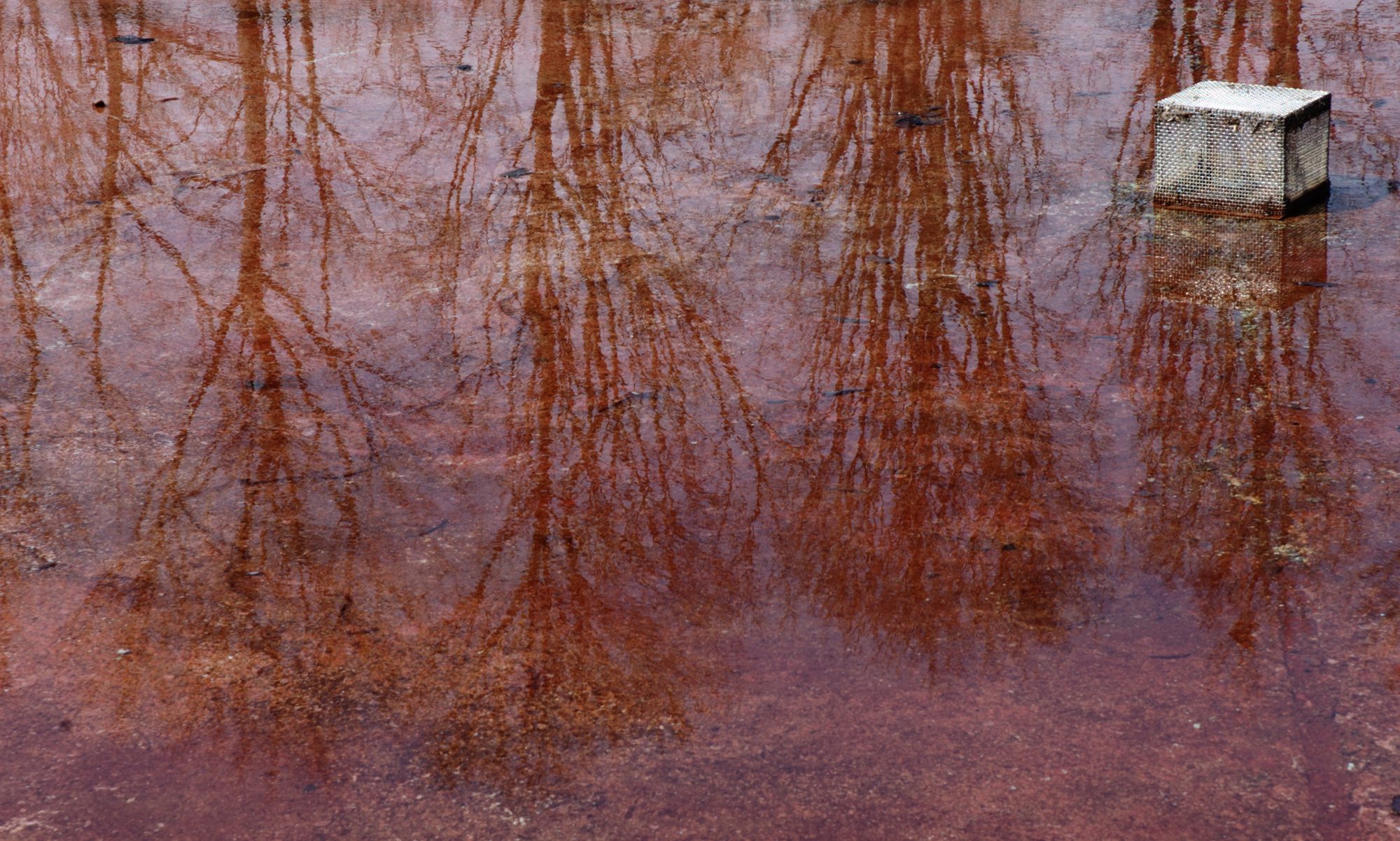You know you’re looking at a real-life problem (as opposed to the more easily-digestible choices portrayed in television dramas…who am I kidding – television news as well) when its tangled complexity clogs the drain of your ability (or desire) to “solve” it.
Take Darfur.
The way in which this conflict is rendered has been a hotly debated topic. A recent analysis showed that, in 2005, the Darfur story was covered for all of 10 minutes on the three major American networks; this would imply that the television-drama ER (in an upcoming episode) will have covered 6 times as much as them…again, in a single episode.
The newsmedia is sometimes the only means a tragedy has of reaching the eyes and senses of those who are too distant to know about them. Speculatively speaking, I have to wonder if some in the newsmedia – the above mentioned networks who all but avoided this situation for years prior – are now reluctant to spotlight it because doing so inherently implicates past apathy. An extreme interpretation, perhaps, but considering the media’s tepid hold on our trust – post 9/11 – this seemingly bizarre behaviour is not without recent precedents.
On the topic of how the situation in Darfur has been rendered in the media,Guardian journalist Jonathan Steele, describes in this bloggish-commentary what he calls the Darfur Disconnect:
[…]
Commentators thunder away at the need for sanctions against the regime in Khartoum and denounce western leaders for not authorising Nato to intervene.Last weekend the outrage took a new turn, with big demonstrations in several American cities, strongly promoted by the Christian right, which sees the Darfur conflict as another case of Islamic fundamentalism on the rampage. They urged Bush to stop shilly-shallying and be tougher with the government of Sudan.
The TV reports are not wrong. They just give a one-sided picture and miss the big story: the talks that the rebels are conducting with the government. The same is true of the commentaries. Why demand military involvement, when western leaders have intervened more productively by pressing both sides to reach a settlement? Over the past few days the US, with British help, has taken over the AU’s mediation role, and done it well. Robert Zoellick, the state department’s number two, and Hilary Benn, Britain’s development secretary, have been in Abuja urging the rebels not to waste the opportunity for peace. Sudan’s government accepted the US-brokered draft agreement last weekend, and it is the rebels who have been risking a collapse.
[…]
An interesting, if divisive, point of view. I say divisive because it drags into the debate an almost unnecessary contention that there is some cabal of the (increasingly journalistic cliche) Christian right to portray this as a spectre of Muslim imperialism against Christian Darfurians – the truth of that particular matter is certainly more complex. I can certainly say that the rally I attended in Toronto had no religious overtones or other types of self-investment.
The more salient argument in this excerpt is whether, in pushing for military intervention, NATO/UN forces could unknowingly apply the wrong type of pressure and drive the conflict deeper or perhaps fragment it along ethnic/political lines – in this regard, it’s not as if there is a single Darfurian rebel organisation sitting at the negotiation table. There are several – some small, some large, and inevitably one would assume each may have their own agenda.
Don’t get me wrong. I’m not trying to spin this into something that it’s not – ie obfuscate the conflict to the point where inaction is seen as an option – but rather, I’m trying to see different points of view because I really don’t feel we’re getting it from the media.
On this note, the CBC is having a Foreign Correspondents Forum on June 1st. They are taking questions from viewers regarding international events/affairs. I’ve taken the liberty of posing some of the questions raised above. If you would like to do the same (about Darfur or any other area of the world), visit this page for more information.



